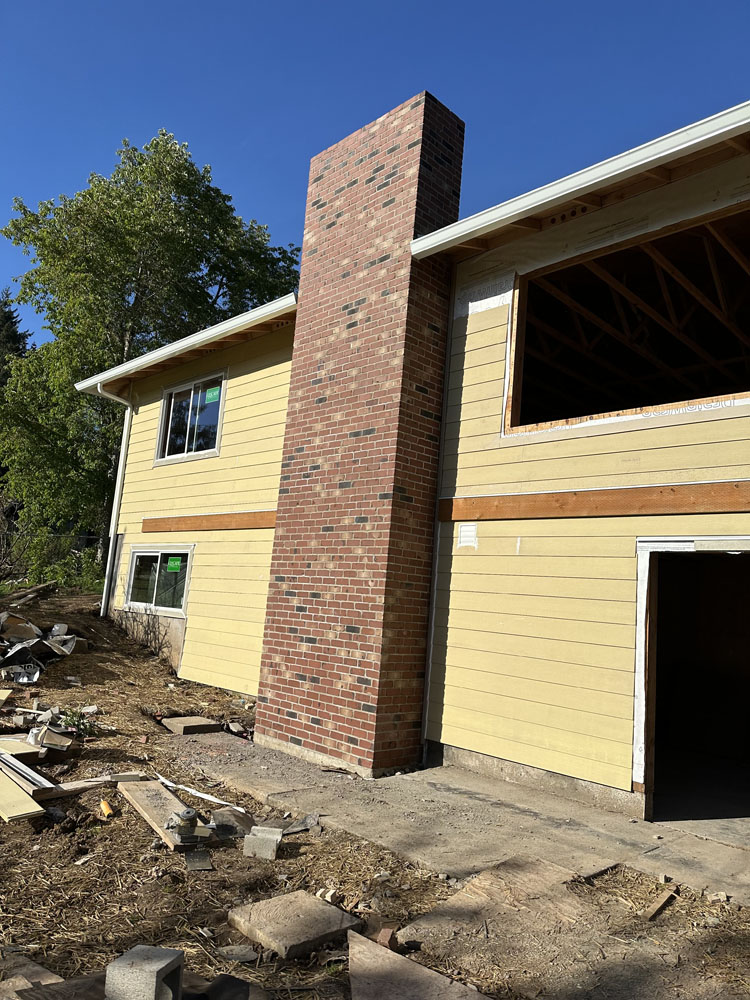Introduction
In today's world, compliance with local regulations regarding inspections has become an essential aspect of maintaining property safety and integrity. Whether you're a homeowner, a contractor, or a real estate professional, understanding these regulations can save you time, money, and hassle in the long run. Masonry chimney repair is one area where adhering to local codes is particularly crucial, as improper maintenance can lead to severe consequences.
This article aims to provide a comprehensive guide on keeping up with local regulations regarding inspections. We'll explore the importance of these regulations, delve into specifics around masonry chimney repair, and discuss best practices for ensuring compliance.
Understanding Local Regulations
What Are Local Regulations?
Local regulations are laws enacted by municipal or regional authorities to ensure public safety and welfare. These rules cover various aspects of construction and renovation projects, including building codes, zoning laws, health regulations, and environmental protection fireplace repair guide measures.
Why Do Local Regulations Matter?
Safety: The primary goal of local regulations is to protect the safety of residents and visitors. Legal Compliance: Failing to adhere to these regulations can result in penalties or legal action. Property Value: Compliance can enhance property value and marketability. Insurance Requirements: Many insurance companies require adherence to local codes for coverage.Key Components of Local Regulations
- Building Codes: Standards governing construction practices. Zoning Laws: Restrictions on land use that dictate what types of buildings can be erected in specific areas. Health Codes: Guidelines that ensure hygiene standards are met in residential and commercial properties.
Keeping Up with Local Regulations Regarding Inspections
The Role of Inspections in Compliance
Inspections serve as a critical checkpoint in the construction process to ensure that all work meets local regulations. They are often conducted at various stages of a project—from initial groundwork to final walkthroughs.
Types of Inspections You Should Know About
Building Inspections: Assess structural integrity and adherence to codes. Electrical Inspections: Evaluate electrical systems for safety compliance. Plumbing Inspections: Ensure plumbing systems function correctly and meet health standards. Fire Safety Inspections: Check fire alarms, extinguishers, and emergency exits.How Often Are Inspections Required?
The frequency of inspections depends on the type of project you’re undertaking:
- New constructions typically require multiple inspections throughout different phases. Renovations may require fewer checks but still need to adhere strictly to local codes.
Masonry Chimney Repair and Local Regulations
The Importance of Proper Chimney Maintenance
Did you know that chimneys are not just aesthetic features but also vital components for ventilation? Neglecting masonry chimney repair can lead to serious hazards like house fires or carbon monoxide poisoning.

Local Codes for Chimney Construction and Repair
Most municipalities have specific codes regarding chimney height, material quality, flue size, and more:
- Ensure your chimney’s height complies with local zoning laws. Use approved materials for repairs—this often includes certain types of bricks or mortar.
Common Violations in Chimney Repairs
Failing to secure necessary permits before beginning work. Using non-compliant materials that do not meet safety standards. Ignoring clearance requirements from combustible materials.Best Practices for Staying Informed About Local Regulations
Regularly Check Municipal Websites
Your best resource for staying updated is your city or county's official website:
- Most governments maintain an updated list of building codes and inspection requirements online.
Join Local Trade Associations
Participating in organizations related to your field can provide valuable insights into regulatory changes:
- Networking with other professionals helps you stay informed about industry best practices.
Consulting Professionals When Needed
When in doubt about code requirements:
- Hire licensed professionals who specialize in masonry chimney repair or general contracting—they’ll have updated knowledge on local regulations.
The Consequences of Non-Compliance
Financial Penalties
Ignoring local regulations can lead to hefty fines from municipal authorities; costs can quickly escalate if multiple violations occur.
Legal Repercussions
Serious infractions could result in lawsuits from affected parties—be it neighbors or clients dissatisfied with non-compliant projects.
Increased Liability
If an accident occurs due to negligence regarding inspections or repairs—like improper masonry chimney repair—you could be held liable for damages or injuries incurred.
FAQ Section
What happens if I don’t get my property inspected?
Not obtaining required inspections can lead to fines or unsafe living conditions due to unregulated work practices.
How do I know which inspections I need?
Consult local building departments or guides available on municipal websites detailing specific project requirements based on scope and location.
Can I perform inspections myself?
While you may conduct preliminary checks, formal inspections must be carried out by licensed professionals authorized by the municipality.
How often should I check my chimney?
It’s advisable to have your chimney inspected annually—especially before winter—to ensure it’s safe for use during colder months.
What documentation is needed for an inspection?
Generally, you'll need plans detailing your project scope along with relevant permits issued by your municipality prior to inspection dates.
li27/ol4/hr7hr7/##
Conclusion
Navigating the labyrinthine landscape of local regulations regarding inspections doesn’t have to be daunting; it simply requires diligence, awareness, and proactive measures on your part! By keeping yourself informed about current laws—especially related specifically toward areas such as masonry chimney repair—you not only protect yourself legally but also contribute positively toward community standards overall!
So remember: whether you're maintaining an old structure's integrity through careful masonry chimney repairs or embarking on new construction endeavors altogether—making compliance a top priority will always serve you well!